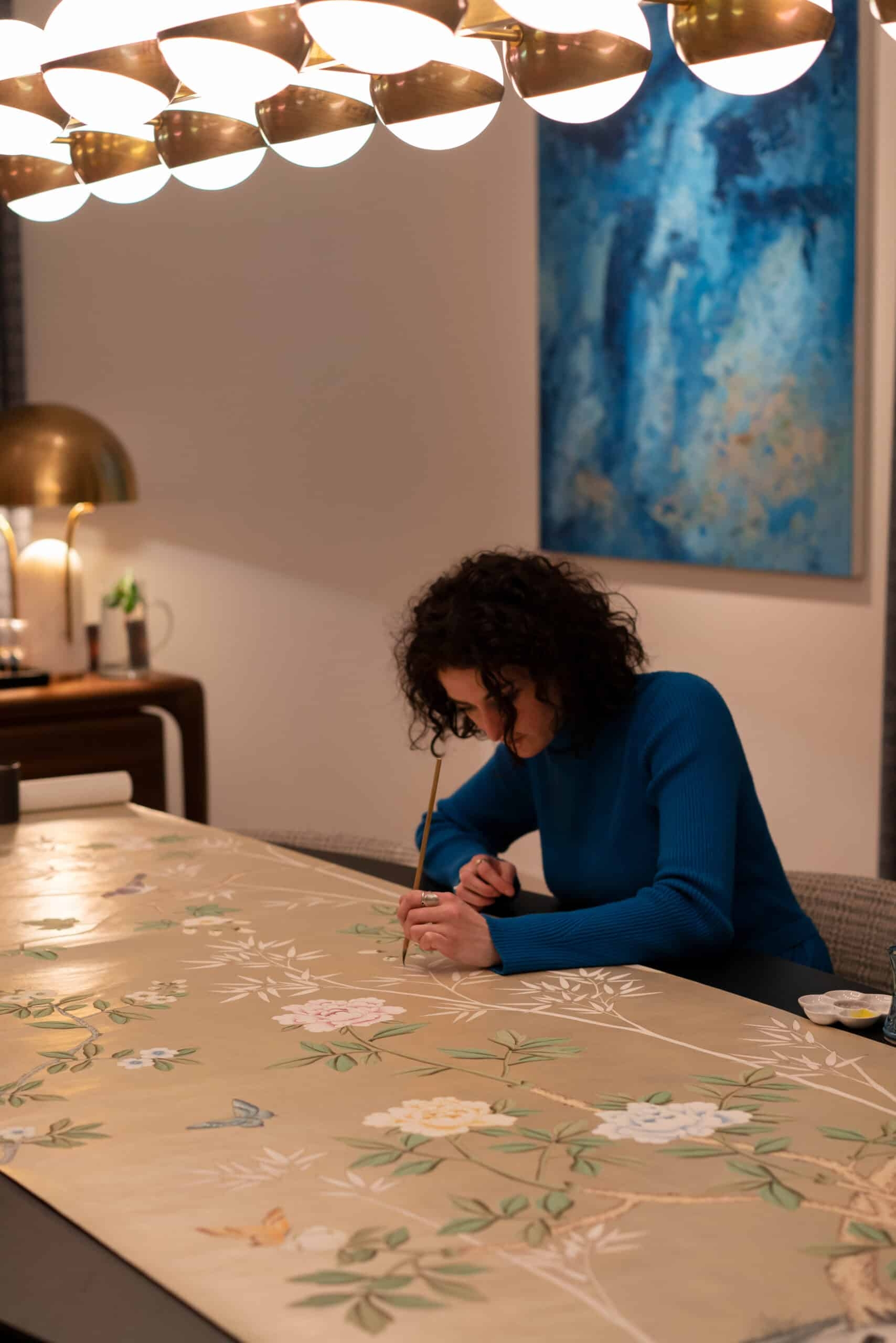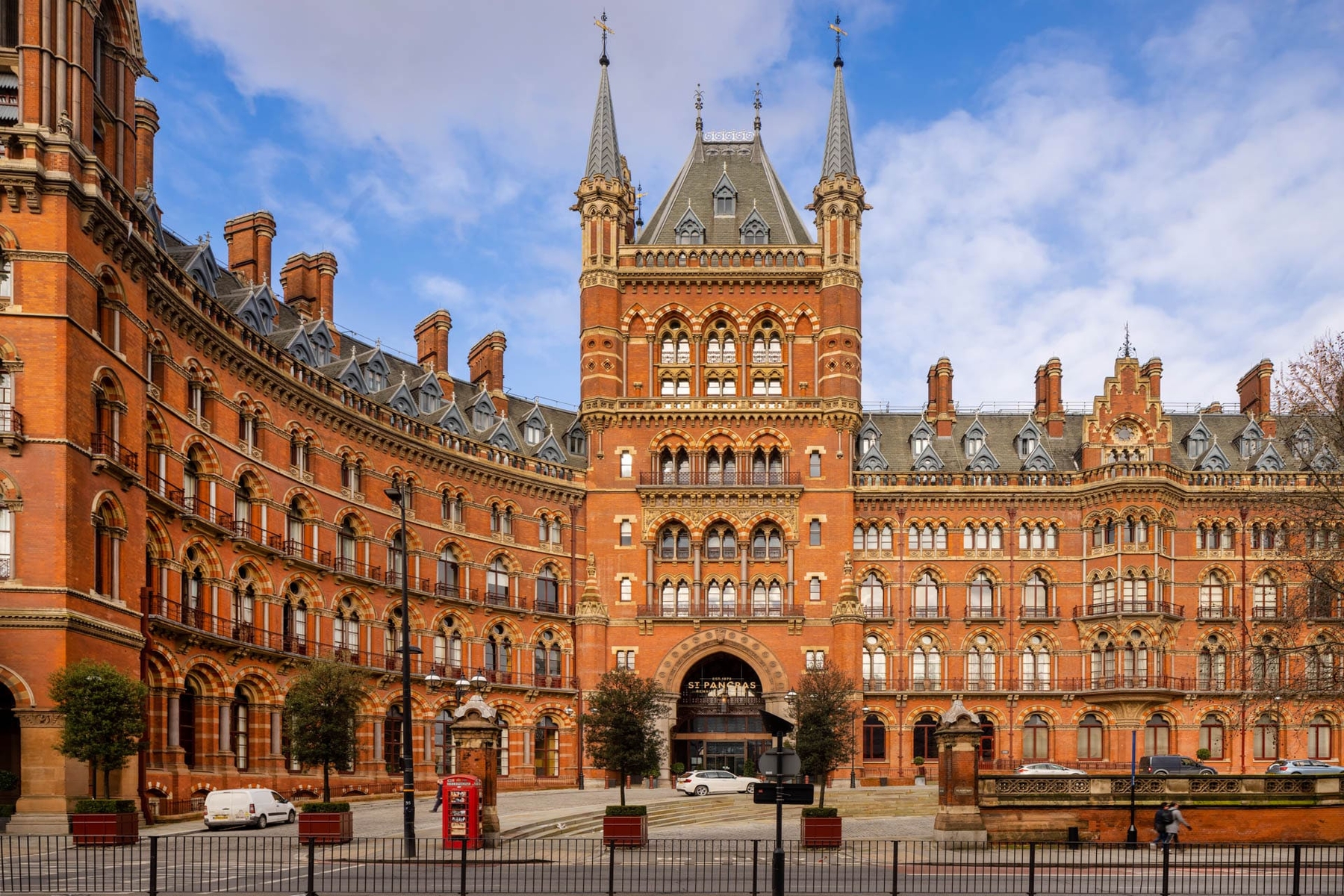China is opening up, giving us cause to be optimistic – but what is life like on the ground in China right now, and how are Chinese consumers behaving. We sit with Lang Xiao founder of ARTouch Consulting, a boutique cross-cultural PR & digital communication agency and strategy consultancy firm to gain her insight to the above.
Lang Xiao is a cross-cultural communication strategist and art consultant. She founded ARTouch Consulting in 2013 and has worked with brands and individuals such as V&A, Damien Hirst, Christie's, The British Library, Masterpiece Fair, Burberry, Frieze, West Bund Museum, The Whiteley, Moussaieff Jewellers, Bank of China among others. She also wrote on the China market for PwC's Global Media and Entertainment Outlook in the past 8 years. Lang graduated from LSE in 2011 and has since then lived in London while monitoring China culture & luxury market closely.

The re-opening of China’s borders presents an exciting opportunity across sectors and a much more promising outlook in 2023. Chinese consumers have accumulated significant savings during a prolonged COVID lockdown – savings that are set to be unleashed as the country reopens. Just over a month ago, China abandoned its zero COVID policy. During nearly three years of COVID restrictions, Chinese consumers have accumulated significant excess savings. Some analysts estimate that up to 12 trillion RMB (equivalent to 10% of GDP) have been saved by consumers during the pandemic. We sit with Lang to gain insight as to how brands can capitalise on this opportunity.
What is life like on the ground right now in China? Has the easing of lockdown restrictions significantly changed how people are living the past few weeks?
I haven't been back to China since the reopening, but according to official data and consulting with friends and clients living there, normalcy has finally resumed. China’s Covid Health Codes were eliminated at the end of 2022, which means that people have been able to enjoy the freedom of shopping, dining in restaurants and travelling domestically and internationally. Of course, this abrupt reopening also led to a massive COVID outbreak across the country, especially in North China with extremely-high hospitalisations in December and January. As most people in China have now had COVID, the situation has become much calmer. Particularly during the Chinese New Year holiday in February, the movie industry made a record-breaking comeback with two local blockbusters, while total domestic tourist numbers hit over 308 million.

How have these changes affected consumer behaviour?
China suffered from a serious consumer confidence crisis in 2022 with a record-low consumer sentiment, attributed by the lockdown and the overall economy. The luxury market unsurprisingly witnessed a decline too. The reopening and government's policies to stimulate the economy in 2023 has no doubt boosted consumers' willingness to spend, but a dramatic "V-shape" rebound is not expected. Chinese consumers have become more and more prudent with little sign of ‘revenge' shopping. Having said that, the high-income group in China has remained almost unscathed. Apart from the traditional luxury spend, their spend will become more rational and visionary, such as on value-adding artworks and collectables, overseas properties, offsprings' education and luxury healthcare & wellbeing, etc.
What can brands do to capitalise on the reopening of the Chinese market and what can brands do to engage with consumers in meaningful ways to maintain strong brand affiliation ?
We've already seen many familiar faces from China during the recent London Fashion Week. Being culturally-sensitive and knowing the needs of Chinese clients are the two keys to succeed. Also, brands need to proactively rebuild the connections interrupted by the lockdown. I have heard people saying they were in conversation prior to the pandemic but the conversation faded afterwards; I think it's time to reach out and adapt to the new situation. My company was proud to organise an event for our client The Whiteley during the Year of the Rabbit celebrations, together with the prestigious brand de Gournay. The event was themed around the ever-charming chinoiserie, with the most exquisite hand-painted wallpaper, fabric and culinary ware from de Gournay at The Whiteley's elegant marketing suite designed by the leading interior design and management company Finchatton. Over 30 London-based guests got together, including fashion designer Huishan Zhang who was able to fly in from China thanks to the reopening.

How do you see the opening of the Chinese Market affecting the property sector in London?
I definitely see a great opportunity for the London property market in 2023 and onwards. Chinese household's Renminbi deposits last year hit a record at nearly $USD 2.6tn according to the People's Bank of China, largely attributed to the stringent lockdown in the past years. Chinese buyers are known for cashing in on a weak sterling (£) in the London property market. With record levels of disposable cash and while China's domestic property sector is still unpredictable, high-income groups and investors are eyeing overseas markets like London. Also, a growing desire for ‘emigration’, of high-income or upper-middle-class Chinese continues to surge, powering property demand in the UK. Quite a few people I know are settling down in London's most expensive postcodes in the past 18 months, including Westminster, Kensington and Chelsea and Notting Hill. As Chinese tourists return to London, the property sector should proactively embrace the opportunity by offering various events to compliment these visits. Don't miss the chance in the upcoming Golden Week in October!
What do you think the Chinese consumer is looking for when purchasing property in London? Is it location, amenities, interior design?
Location is key to any valuable real estate, and I think it matters even more to Chinese buyers in particular. Apart from the traditional property investors from China, high-income individuals are contemplating emigration and seeking residences for their families in their new country. Therefore, the location also means what type of community and lifestyle they will embrace. Moreover, education is so crucial to Chinese families, therefore Kensington and Chelsea with abundant private education resources attracted lots of Chinese families with young children. Last September, we organised a breakfast talk for Chinese VIPs with Tori Cadogan, the editor of Tatler Schools Guide, at The Whiteley, which is just a few minutes walk from Wetherby and Pembridge School, two of the most desirable in London. Amenities and interior design certainly matters. Good amenities can make life a lot easier especially when you are new to a place and culture, while 5-star hotel branded residences, such as the much-anticipated flagship Six Senses Hotel and its branded apartments, will transform their whole experience in London.





